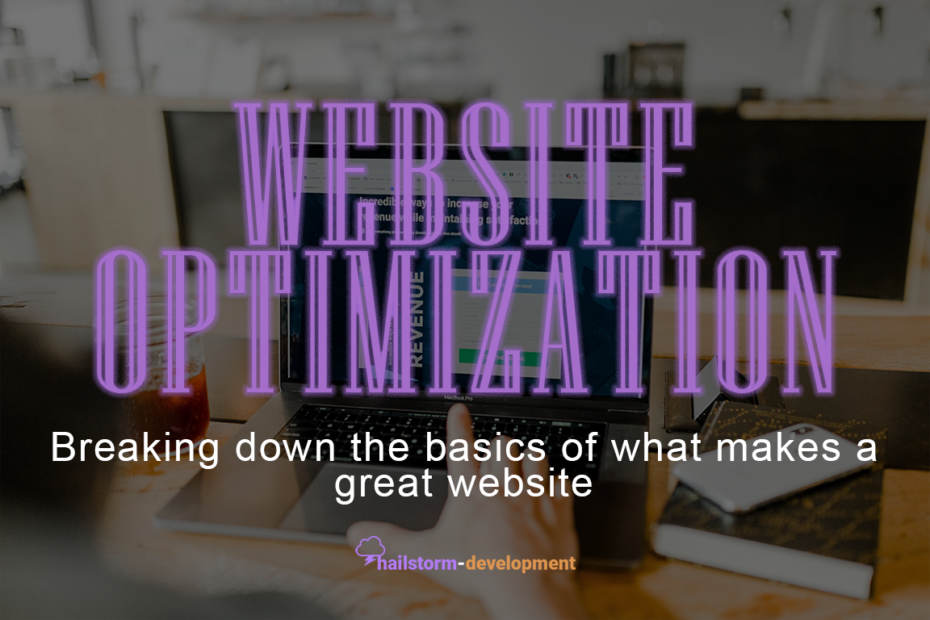What is Website Optimization?
For example, if you are a brick-and-mortar store that sells ice cream, you probably aren’t going to need a website to sell your physical ice cream online. However, that doesn’t mean that a website cannot benefit your business. You can create (or hire us to create) an informational or marketing website about your shop and the different flavors that you offer.
You can also include a bit of information about your employees, their goals, and what you like most about being a business owner. You may not be making money on the website directly, but you are creating a digital storefront for your business that you can use as another tool in your toolbox to business growth.
SEO and Web Optimization
For starters, Search Engine Optimization (SEO), refers to the updates surrounding and relating to updating your website to increase its rankings in search engines like Google, Bing, and Yahoo. Website optimization doesn’t only include SEO and how to increase your website’s search ranking, it includes updating your website for your target audience.
4 Steps to Site Optimization
Estimated duration: 12 hours
The basic steps to successful website optimization:
- Observe and define your target audience
Who are you already selling your services and/or products to? Can that be expanded upon? If you already have a website, is there a certain action that you want users to complete as soon as possible, like purchasing a jacket, or calling your office?
- Ask your customers
If you’re a business owner, you’re bound to have some sort of customers! Believe it or not, a lot of people are happy to provide feedback to help you improve your business processes and procedures. Consider sending out a survey to your clients to get a pulse on how the business relationship is going.
- Set up your experiments
One thing that we really like performing for our clients is A/B testing, which is where you set up two versions of a website to see which one performs (converts) better. This way, you can review user behaviors on your website and make improvements as needed.
- Analyze your data
You can use a lot of tools like Google Analytics, HotJar, and the Yoast SEO Plugin (if you’re using WordPress) to analyze who is using your website, what times you receive the most traffic, and where most of your referrals are coming from.
Lastly, if you’re looking for even MORE information on site optimization, you should also check out this blog on The Daily Egg!
